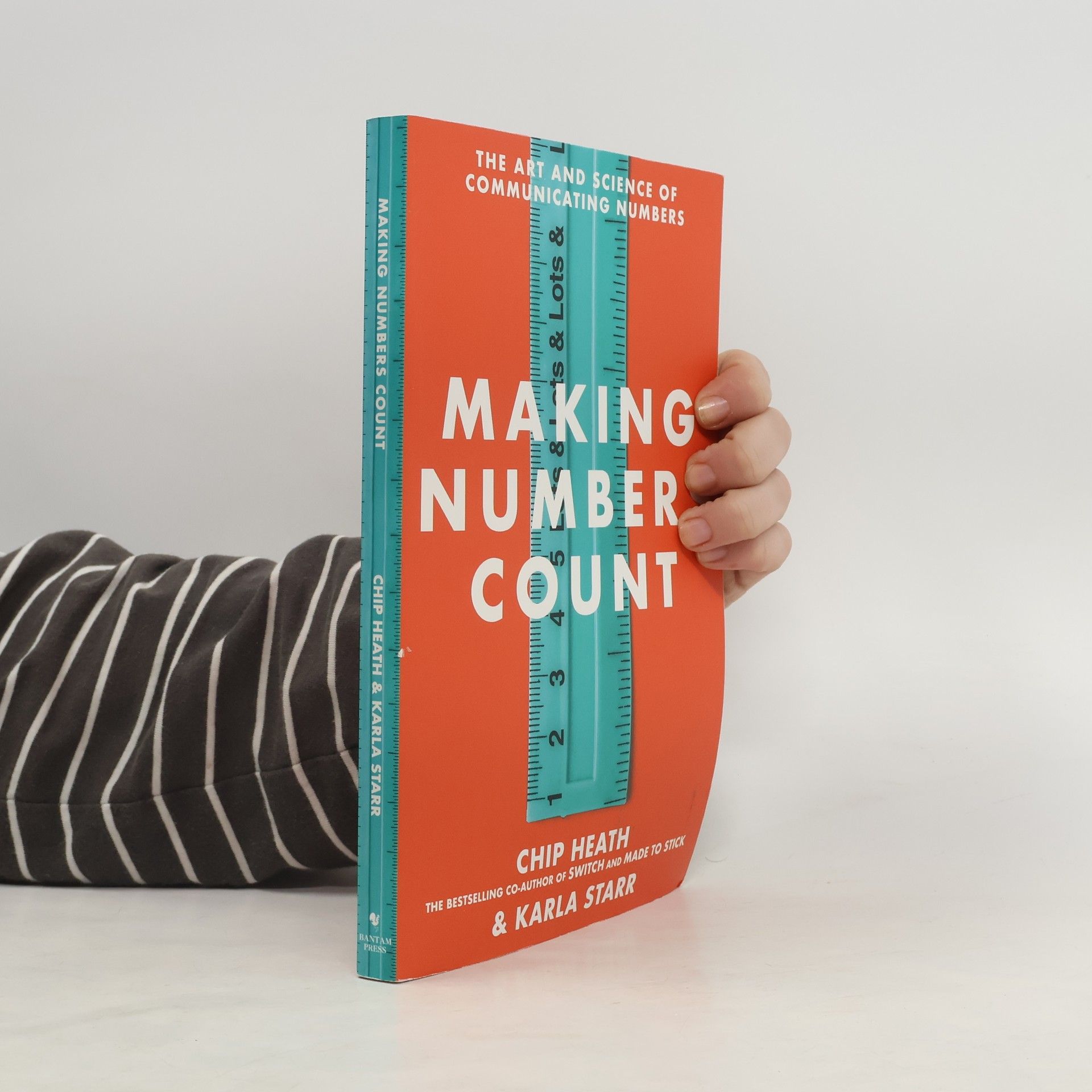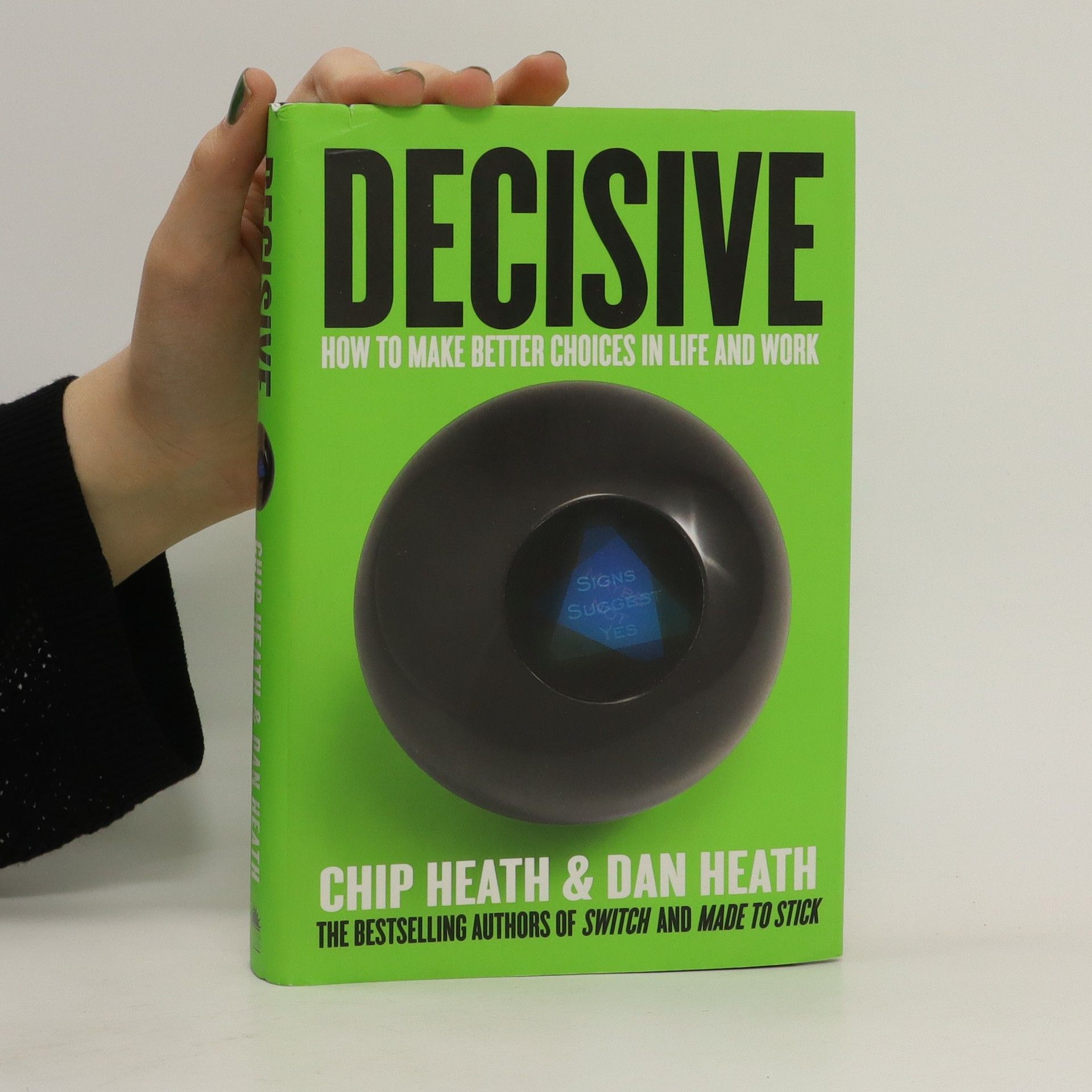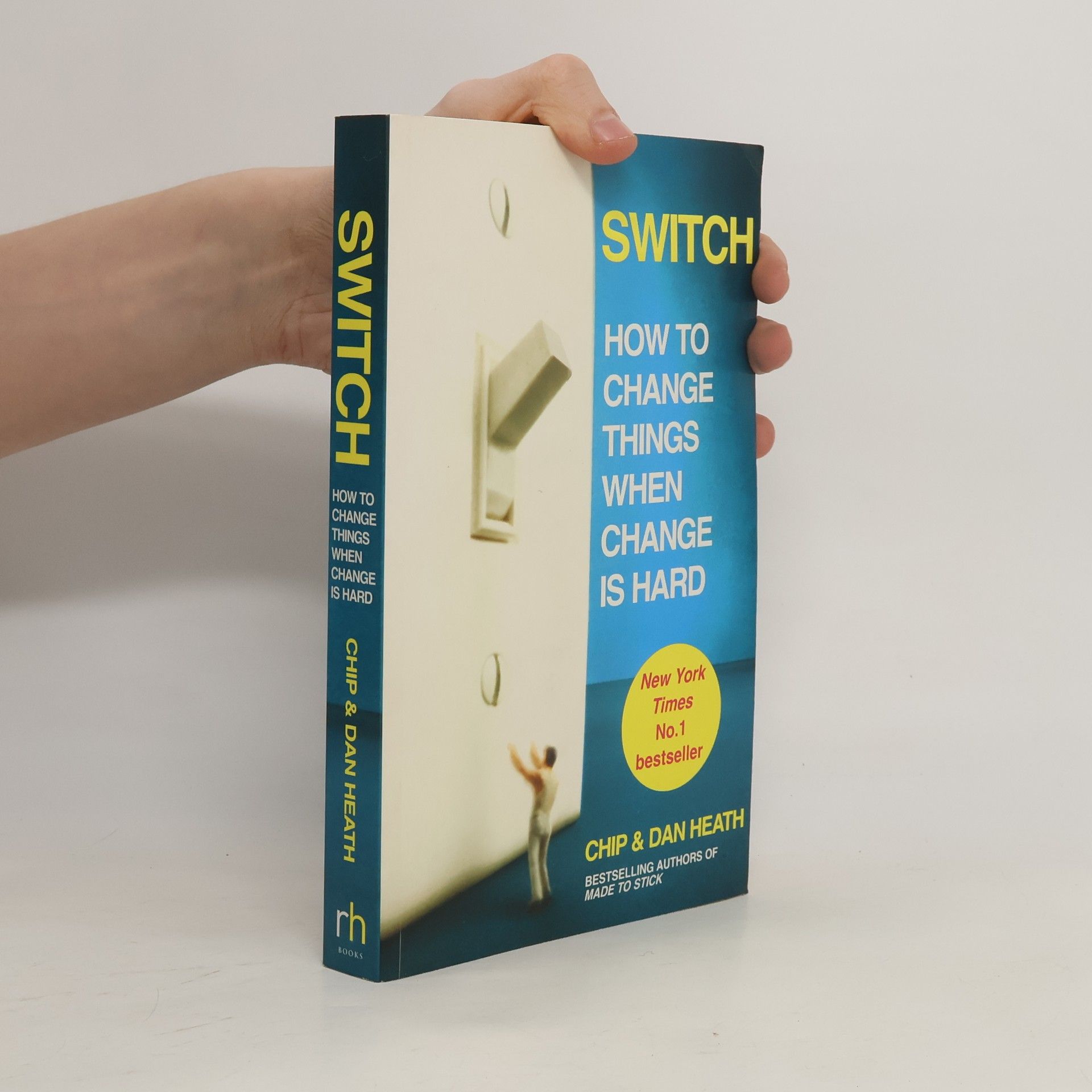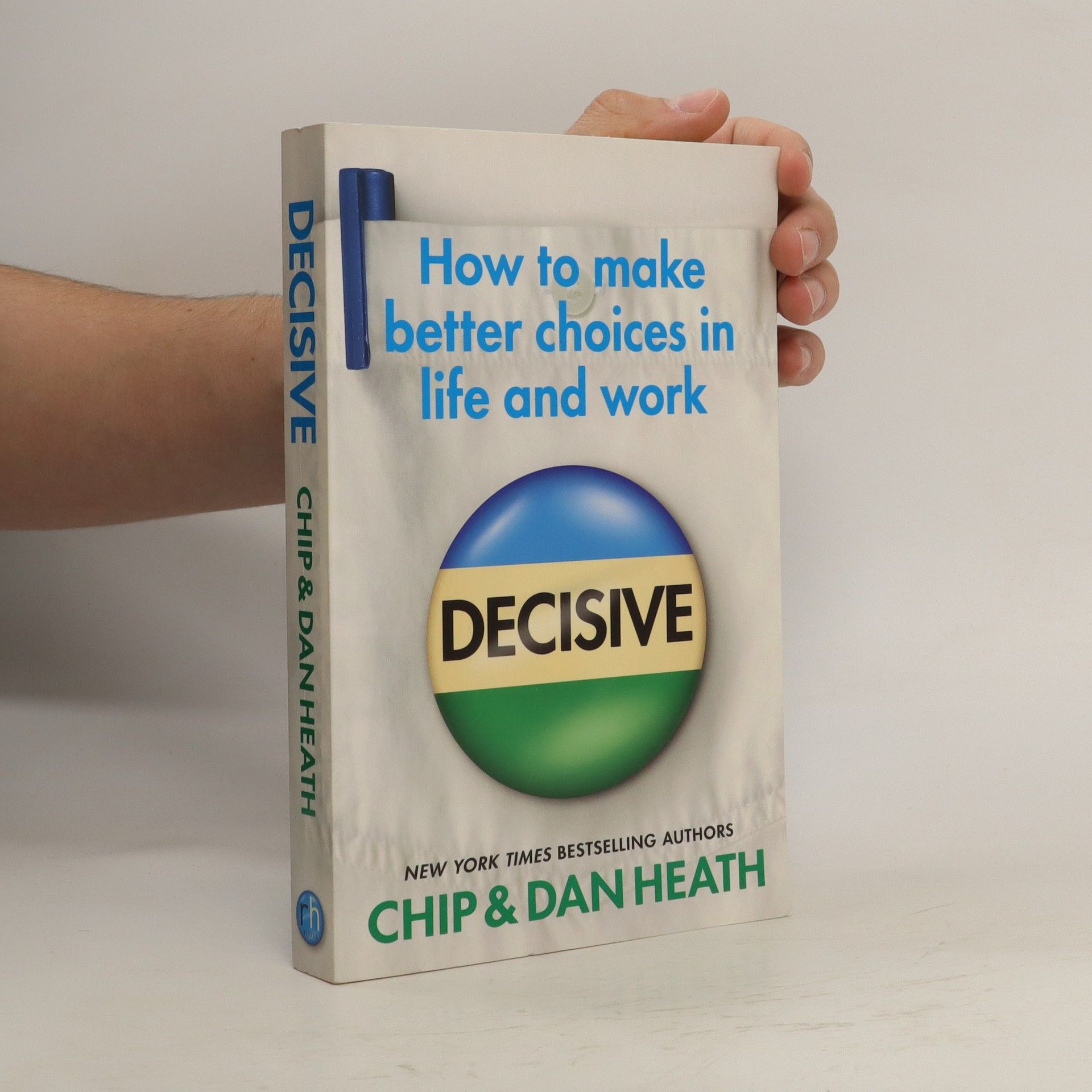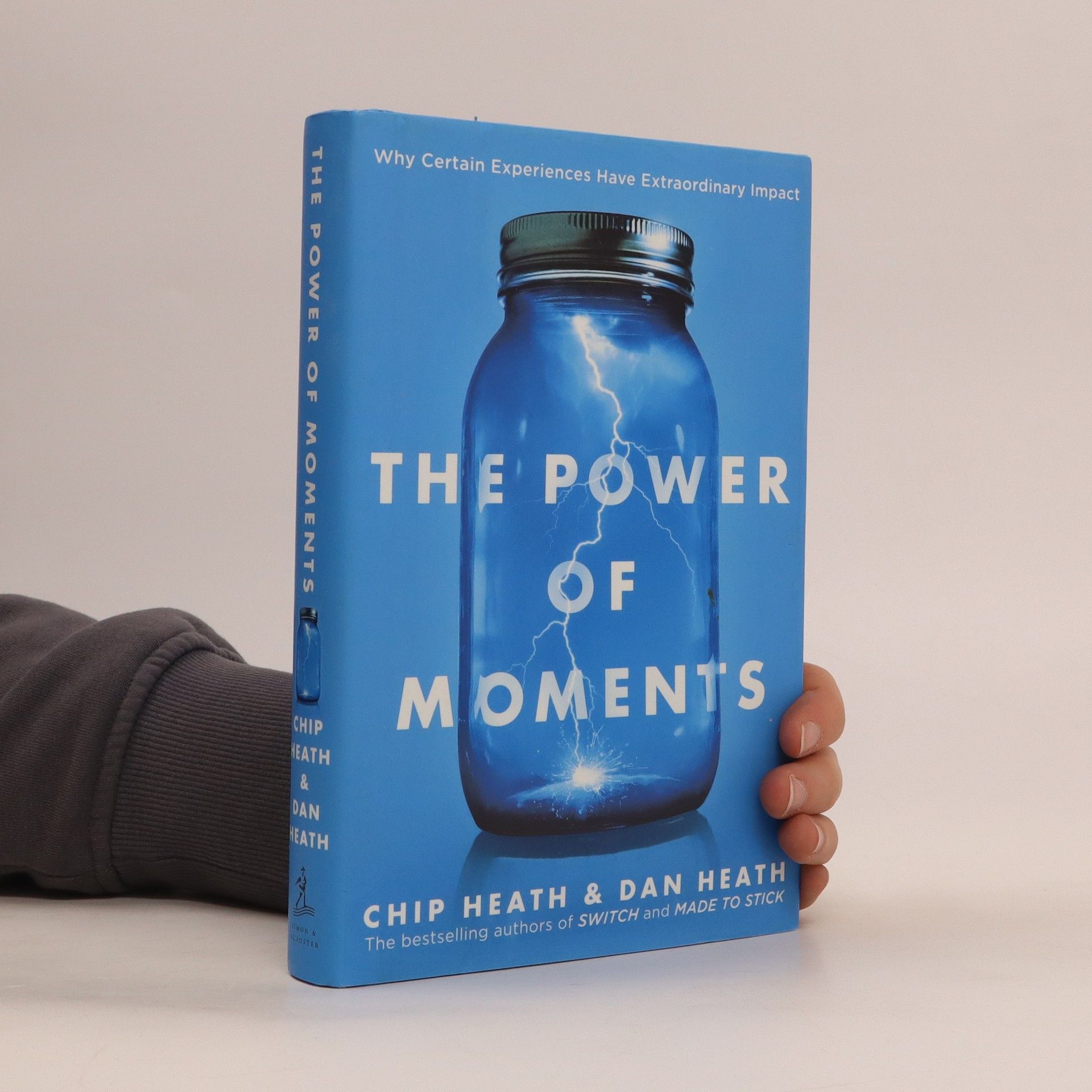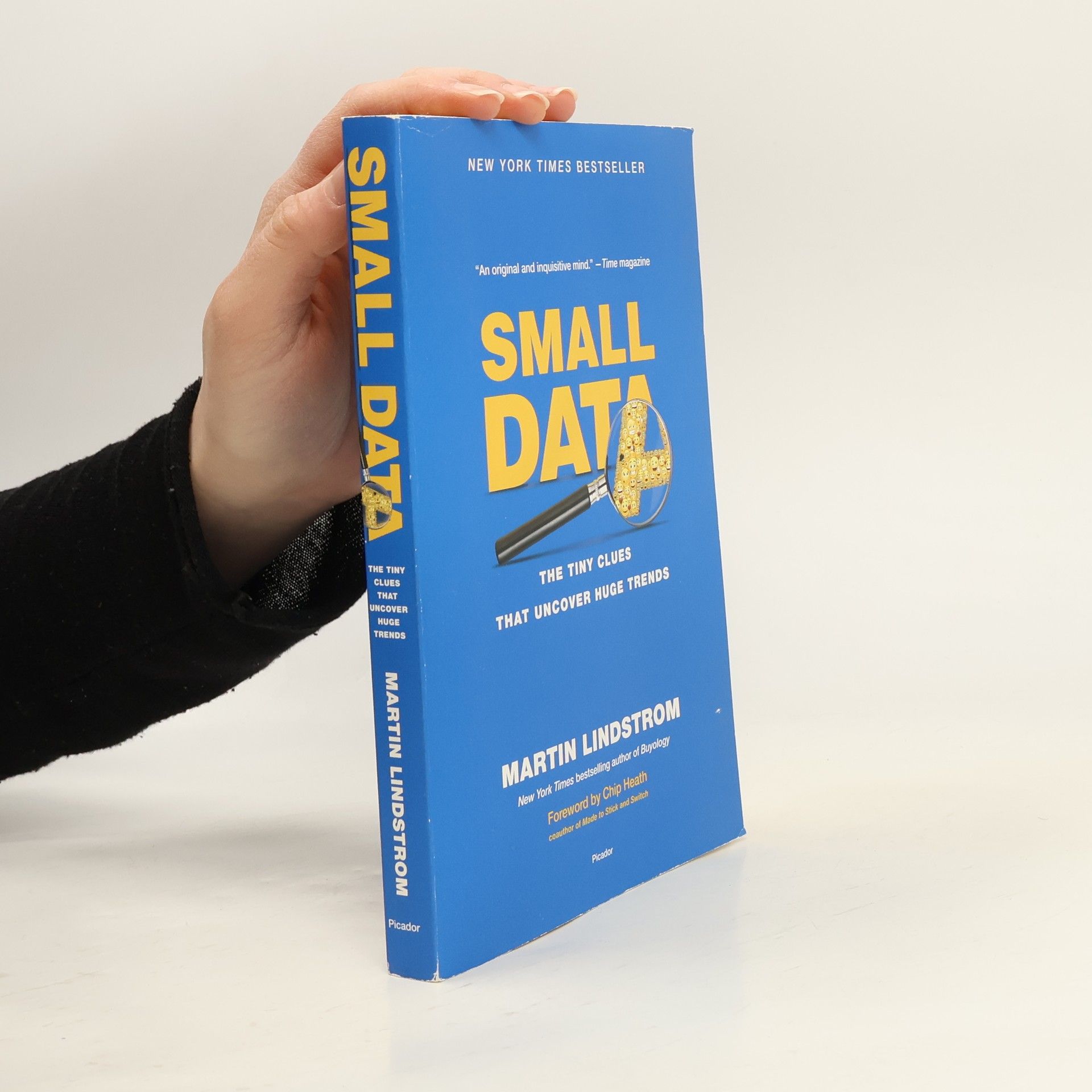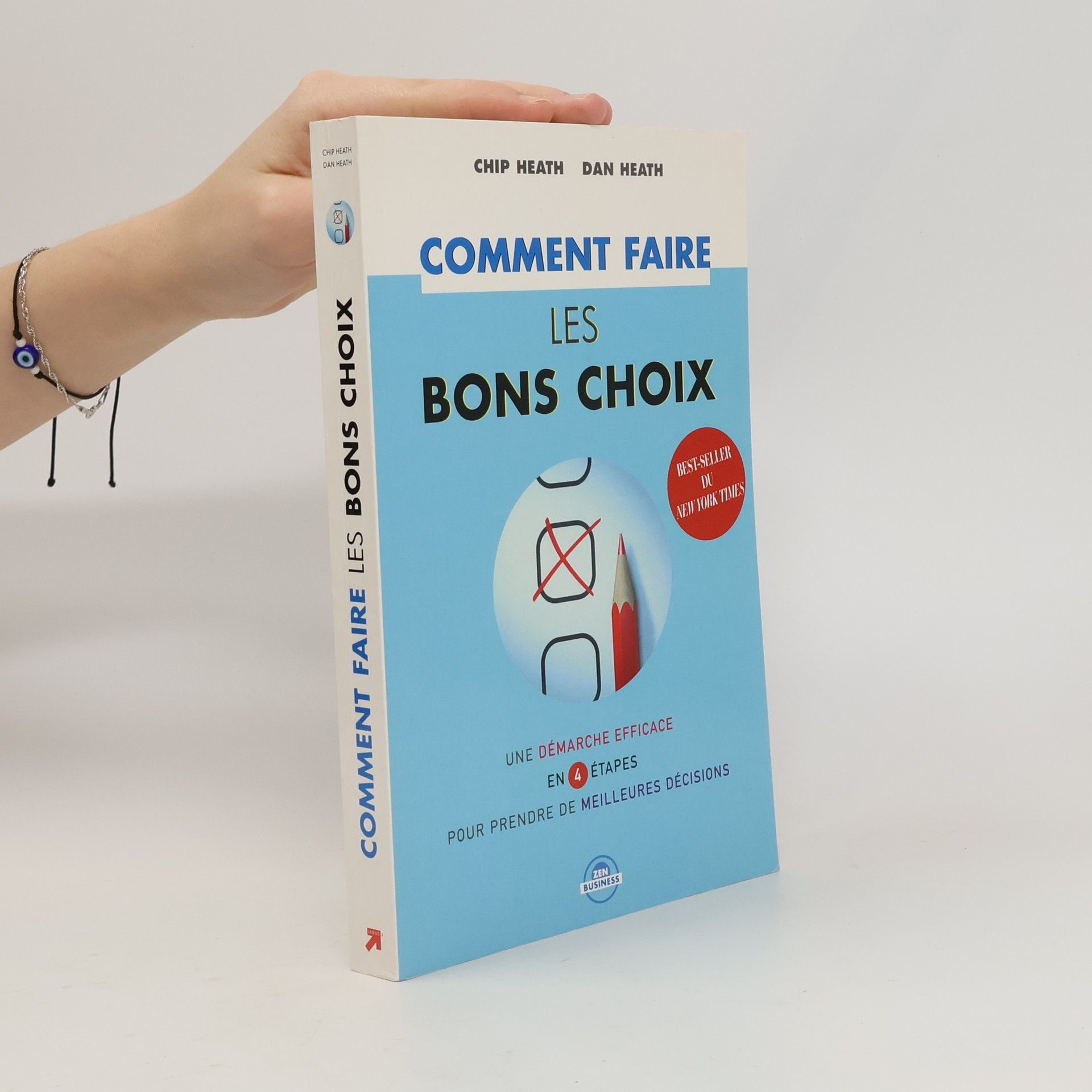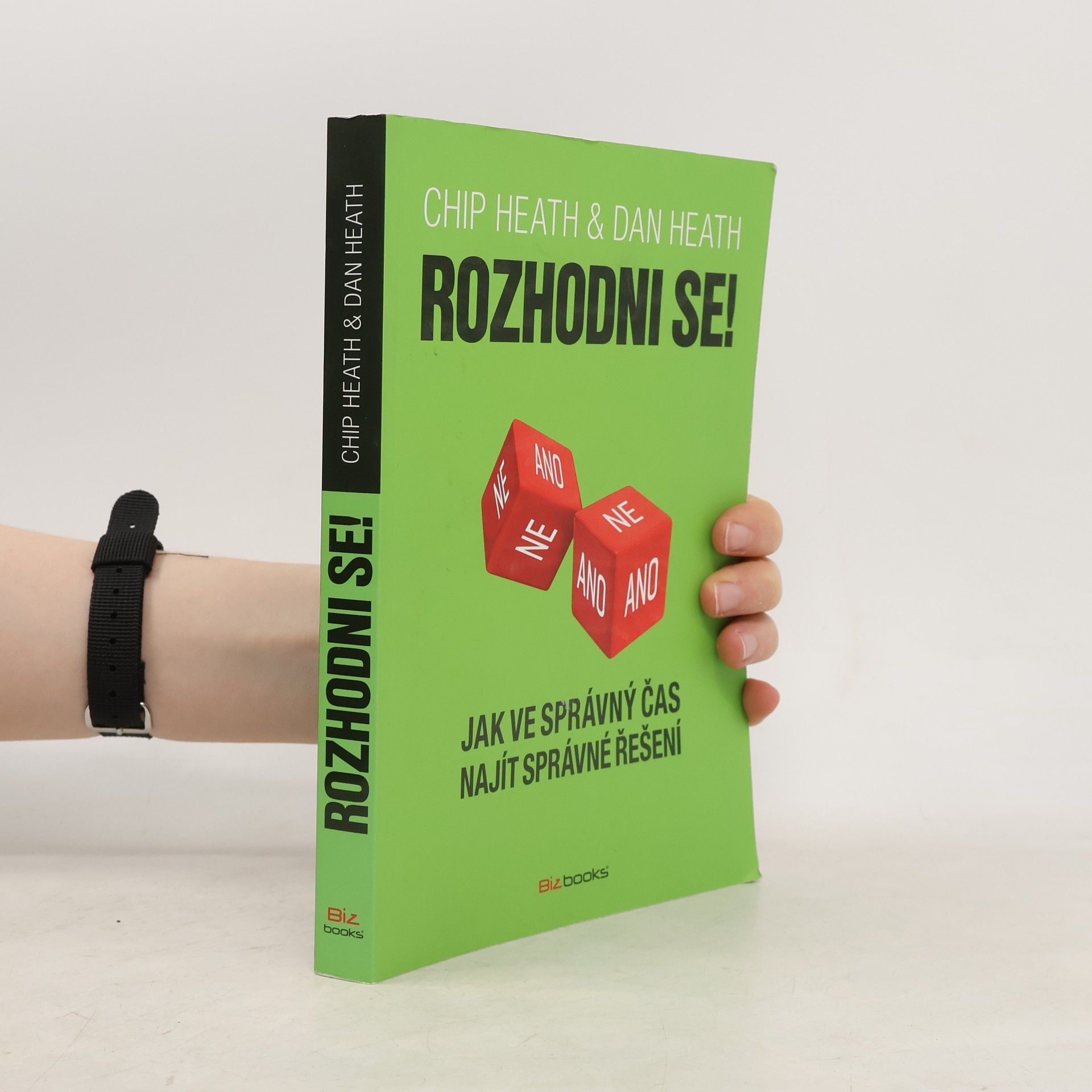Pstryk Jak zmieniać, żeby zmienić
- 352 pages
- 13 hours of reading
PROSTE REGUŁY, KTÓRE ZMIENIĄ TWOJE ŻYCIE Bez względu na to, czy zamierzasz tylko uporządkować biurko czy zmienić świat. Poznaj metodę, dzięki której: jeden lekarz uratował życie stu tysięcy pacjentów, grupa nierozgarniętych pierwszaków stała się klasą bystrych uczniów, nawet noworoczne postanowienia są możliwe do zrealizowania. A teraz i ty możesz odmienić swoje życie. Niezależnie od tego, czy jesteś szefem, menedżerem lub rodzicem, czy chcesz zmienić samego siebie – nie wahaj się, to łatwe! Pstryk i już. Bracia Chip i Dan Heath to profesorowie, konsultanci, trenerzy i autorzy bestsellerowych książek (m.in. Przyczepnych historii), które przetłumaczono na blisko 30 języków. Doradzali takim firmom jak Microsoft, Google czy Nike. A teraz doradzają nam, jak z powodzeniem dokonywać zmian w naszym domu, w pracy i w życiu. PSTRYK ODNIÓSŁ WIELKI SUKCES, BO DZIAŁA!

